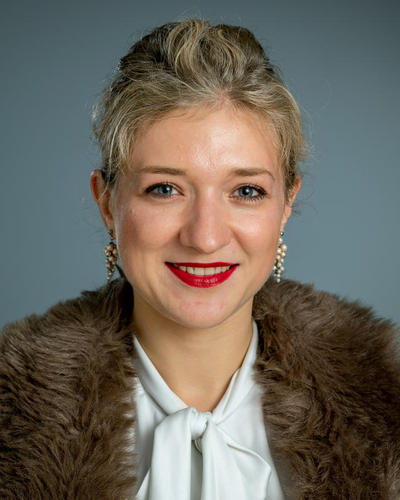Ocean change - What happens to inhabitants of submerged islands?
Small Island Developing States (SIDS) contribute the least to global warming, but they suffer the most from its effects.

Hovedinnhold
Joanna Siekiera, postdoctoral fellow on the Mare Nullius Project, University of Bergen.
Changes in Earth’s environmental system are now one of the biggest threats facing humanity. By now, the ocean is extremely impacted by increasing carbon dioxide and other greenhouse gas emissions arising from human activities. Though Small Island Developing States (SIDS) contribute the least to global warming, they are the ones suffering the most from its effects.
Legal consequences for these nations' territory deprivation will result in their loss of sovereign status in the international arena. From the law of the sea perspective, this question is particularly interesting when it comes to the 200-nautical miles Exclusive Economic Zone. Ocean change contributes not only to loss of territory, but also to relocation of maritime zones, displacement of people, and general uncertainty and instability.
What are the consequences for state sovereignty if the population of the Pacific Islands has to migrate as climate change refugees? What happens with the maritime sovereignties of Pacific states when the rising sea levels make dry lands dwindle? Complex legal solutions have been proposed by international lawyers – but they are very often contradictory.
Joanna Siekiera is a legal postdoctoral fellow on the Mare Nullius Project at the University of Bergen. She is an international lawyer, a doctor of philosophy in public policy. Her main interests are legal-political integration in the South Pacific, as well as legal consequences of ocean change in the Pacific region, especially maritime sovereignty of the submerged islands. Joanna also worked at Polish diplomatic missions and as a lecturer and legal adviser at the War Studies University in Warsaw. Her taken courses include i.a. UN CIMIC, Cultural Heritage Protection in Russia and Humanitarian Law in Poland.
This lunch lecture is organised by LawTransform.
A light lunch will be served.
The event is open and free for all!
